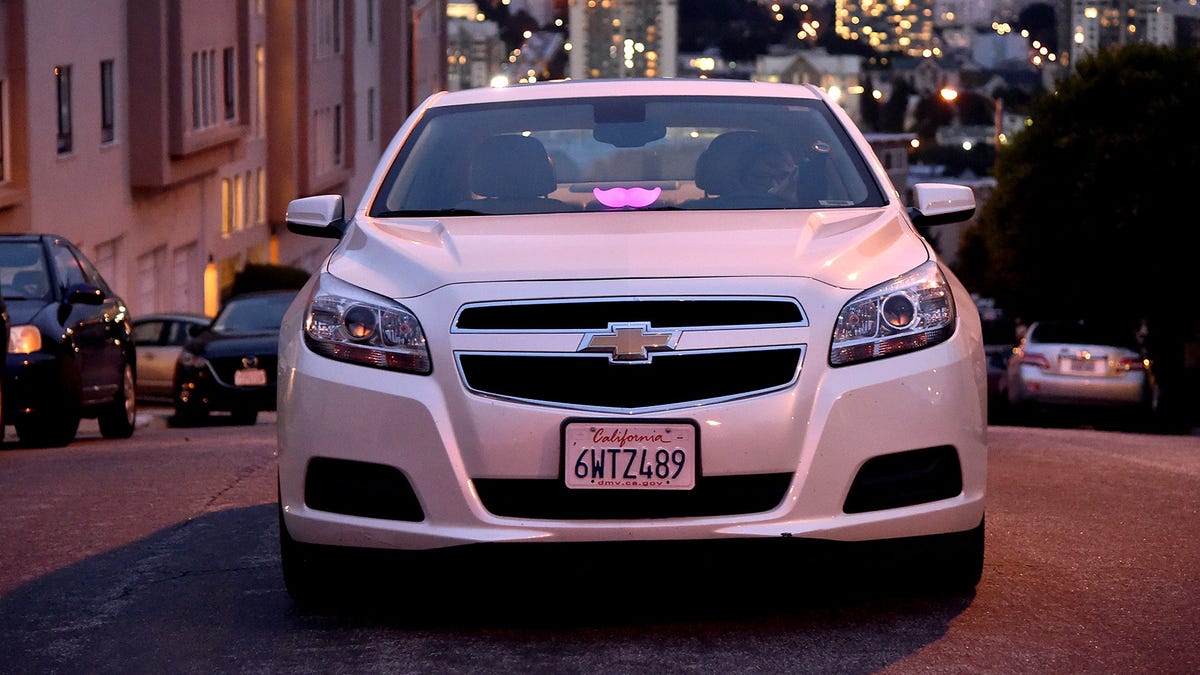Your ride-hailing apps are hitting airports' pocketbooks hard
The fees attached to your ride aren't enough to make up for lost parking revenue.

The way we get to and from the airport is changing, and while more variety might be better for the end user, it's hitting airports where it hurts -- the wallet.
Airport parking and its associated costs can help keep the lights on at airports across the country, but ride-hailing operations have resulted in revenue shortfalls, The Pew Charitable Trusts reports. This new method of airport transportation can also affect rental cars and taxis, two other ways for airports to make money.
Won't someone think of the parking garages?!
It took a while to get to this point. Many airports originally banned the practice of using ride-hailing services from the standard pickup and drop-off locations. After plenty of public groaning, many airports relented. Now, some services are able to drop you off right at the door, while others are relegated to a specific lot in some corner of the airport.
Airports are making some money from these deals, but it doesn't appear to be enough to cover lost parking revenue. Your Uber or Lyft from the airport, for example, probably comes with a $3 to $5 fee. Opponents of these fees believe the traveler shouldn't be forced to make up for a lack of cars in the parking garage.
According to data from the FAA, parking and ground transportation fees comprise some 41 percent of airport revenue not related to airlines, so you can understand why ride-hailing services may cause concern with some people.
Pew brought up a couple examples. Fresno Yosemite International Airport in California is losing about $180,000 a year in parking revenue, and the Fresno City Council declined to approve a $3 ride-hailing fee to recoup some of those costs. In terms of larger airports, Dallas-Forth Worth International Airport's parking revenue was nearly $4 million lower than projected.
Larger airports may have the luxury of sheer passenger volume, which can help keep parking lots full. But for smaller airports, the changing transportation landscape could have an unforeseen effect on their ability to conduct business as usual.

